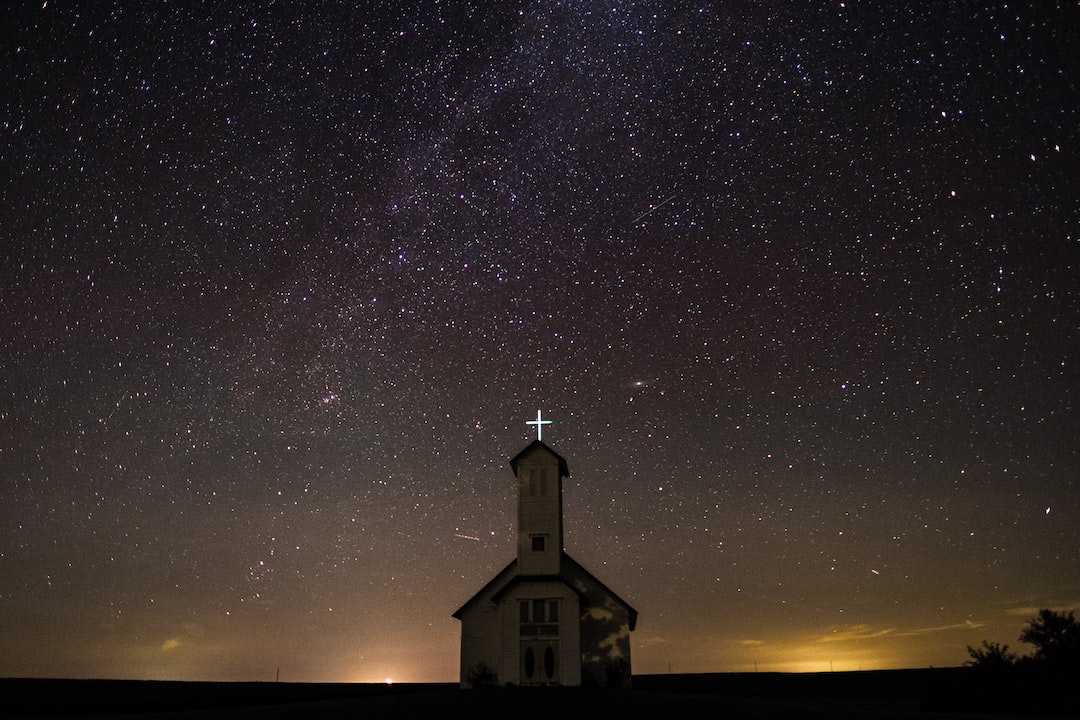Every individual has his or her own unique faith journey. This journey can be influenced by experiences at different stages of life. The impact on one’s faith journey can be positive, negative or neutral, depending on the experience and its interpretation by the individual.
Childhood is an important stage for shaping one’s faith journey. Children often learn about faith and religion from their parents or caregivers. The values and morals that they learn at this stage become deeply embedded in their psyche and influence their beliefs and behavior for the rest of their life. Children are naturally curious and during their childhood, they tend to ask a lot of questions about faith and religion. The answers that they receive from their elders can either nurture their faith or set them on a path of skepticism and doubt.
During adolescence, individuals often experience a shift in their beliefs. They start questioning the beliefs that they held during their childhood and start exploring their identities. This is a stage where the influence of peers and social media can be strong, and it can either solidify or shake an individual’s faith. Many adolescents experience a period of rebellion against the faith traditions of their family and seek answers from alternative sources.
The transition from adolescence to early adulthood is a time when individuals are moving out of the familial cocoon and exploring the world on their own. This is a stage where they are likely to encounter diverse viewpoints and worldviews that can challenge their faith. Some people may abandon their faith altogether while others develop a more nuanced understanding of their faith.
In middle adulthood, individuals are often focused on their careers and raising a family. They also tend to reflect more on their purpose and the meaning of their existence. For some people, this is a time when they return to their faith roots or explore spirituality in a more intentional manner. Others may feel disillusioned with their faith and choose to live a life that is agnostic or atheistic.
In late adulthood, people are more likely to confront the reality of their mortality. They may seek comfort and solace from their faith as they approach the end of their life. For others, this stage can be a time of despair and disillusionment as their faith fails to provide the answers they seek.
In conclusion, the impact of different life stages on one’s faith journey is complex and multifaceted. While some stages can nurture and deepen faith, others can challenge and even shatter it. It’s up to the individual how they choose to interpret and respond to the experiences they encounter on their faith journey. The journey is not a straight line but rather a meandering path that is influenced by a multitude of internal and external factors.
